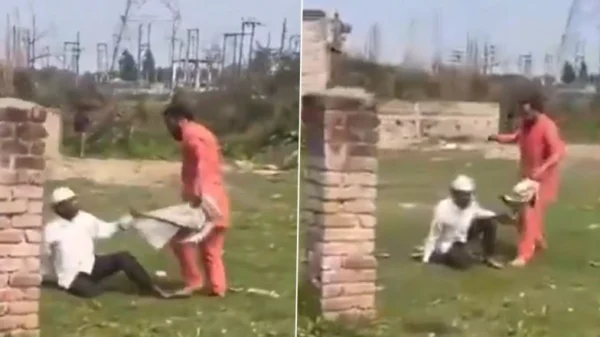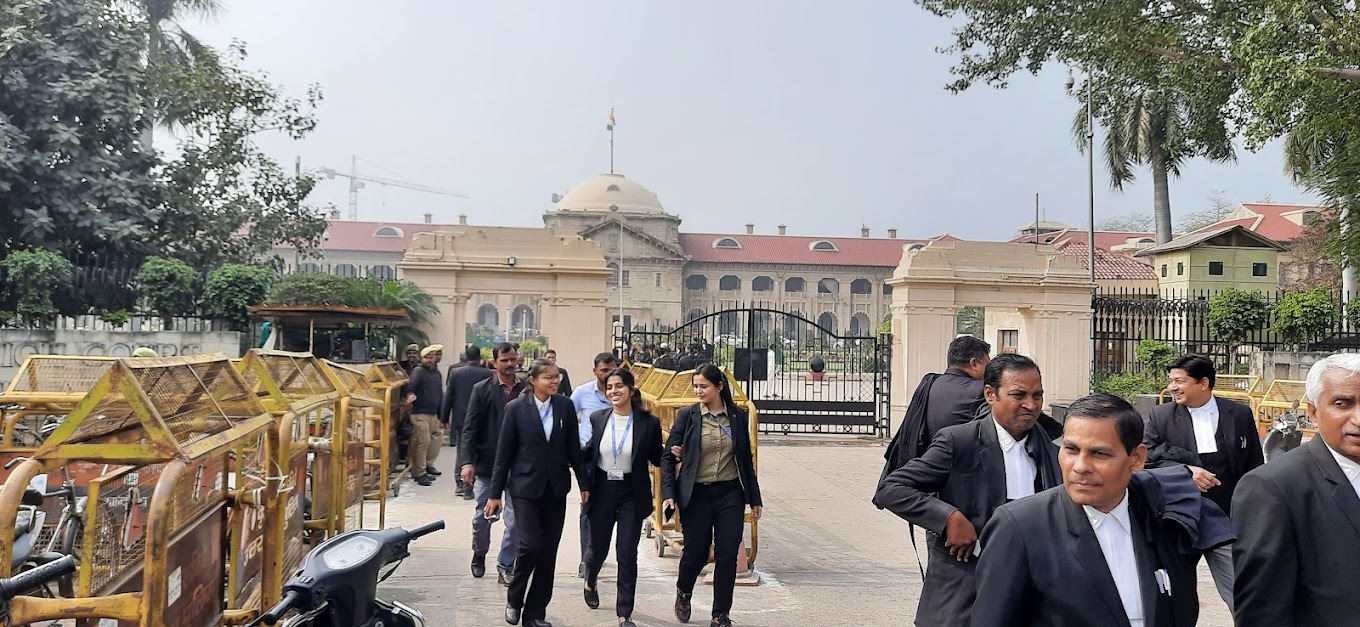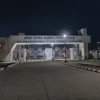The Allahabad High Court has overturned the conviction of Mohammad Ilyas in the 1996 Modinagar–Ghaziabad bus blast case, saying the prosecution failed to prove the charges against him. A bench of Justice Siddharth and Justice Ram Manohar Narayan Mishra said the prosecution “miserably failed” to establish that Ilyas was involved in the conspiracy.
The court ruled that the alleged confessional statement recorded by the police could not be accepted as evidence. “The conviction cannot stand because the confession is inadmissible under Section 25 of the Evidence Act,” the judges said. Under this section, any confession made to a police officer cannot be used against an accused.
In its order dated November 10, the bench noted that it was acquitting Ilyas “with a heavy heart” since the 1996 blast was a “terrorist attack” that deeply shocked society and resulted in the deaths of 18 people. Even so, the court said the law could not be bent when the evidence was weak.
According to the bench, “The prosecution has miserably failed to prove the charges that the appellant conspired to plant a bomb along with the co-accused.” The court said the trial court had committed “a great legal error” by relying on an audio cassette that contained a recorded confession in the presence of police officials. “If this evidence is excluded, there is absolutely no evidence against the appellant,” the order stated.
The judges also pointed out that the witnesses who were supposed to support the prosecution’s claim of an extrajudicial confession had turned hostile and did not support the case. They emphasised again that the audio confession could not be accepted in court. “The confession recorded by the Senior Police Officer will not be permitted to be proved under law,” they said.
The blast took place on April 27, 1996, shortly after a bus from Delhi crossed the Modinagar Police Station in Ghaziabad. A powerful explosion in the front portion of the bus killed ten people on the spot and injured 48 others. Forensic experts later confirmed that RDX mixed with carbon had been placed under the driver’s seat and ignited using a remote device.
Investigators had claimed that the attack was carried out by Abdul Mateen, also known as Iqbal, a Pakistani national described as a district commander of Harkat-ul-Ansar. They alleged he had acted along with Ilyas and another man named Tasleem, and that Ilyas had been indoctrinated in Jammu and Kashmir.
In 2013, a trial court acquitted Tasleem but convicted Ilyas and Abdul Mateen under the IPC and the Explosive Substances Act. Both were given life imprisonment and additional sentences and fines. No appeal was filed against Tasleem’s acquittal, and there is no confirmation on whether Mateen appealed his conviction.



























































